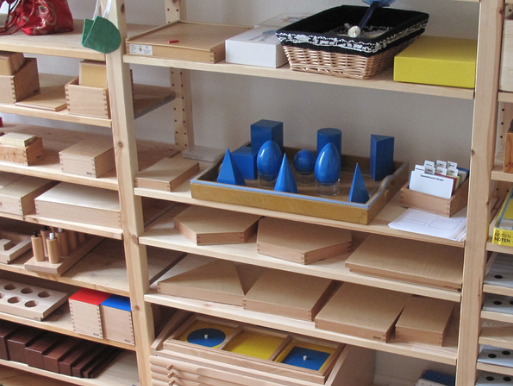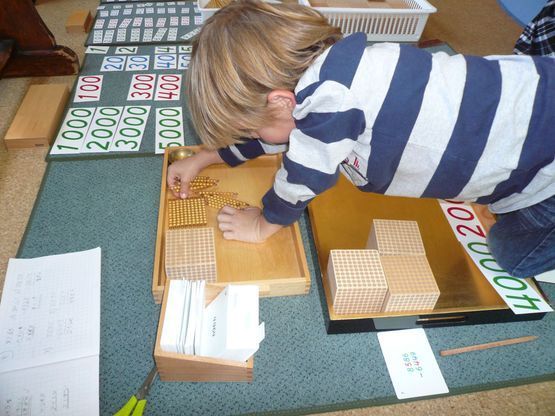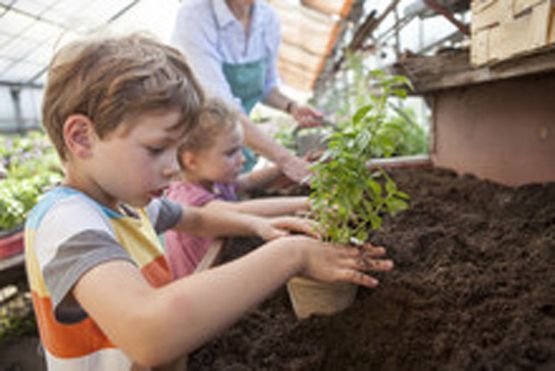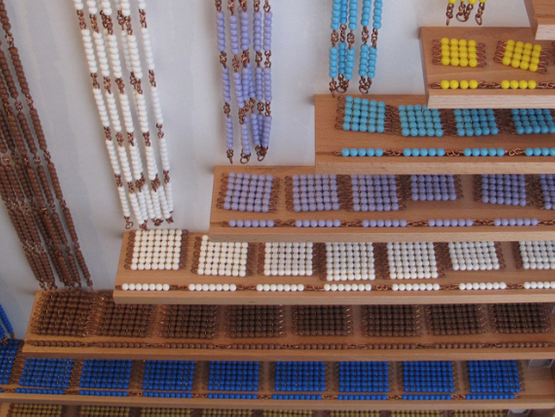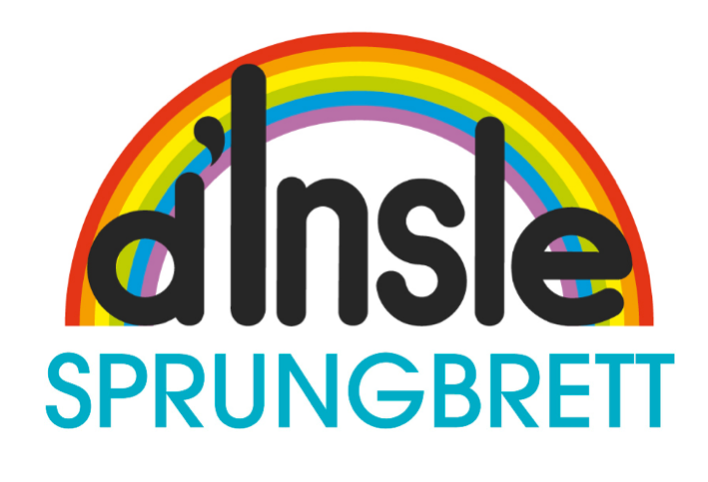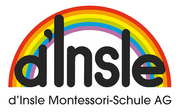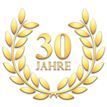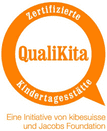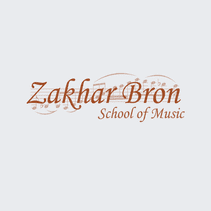Montessori Material
- The Montessori material consists of a range of instruments developed and refined by Dr Maria Montessori over the course of decades. These time-honoured, didactic learning materials are eminently relevant in a modern learning context and are used across the world. They are regarded as a tool for the senses and the spirit, to be used to support and encourage the development of the child, but not explicitly to teach. Montessori herself therefore referred to the materials the as “developmental materials”.
- Each material is intended to have the quality of a prompt, and to be offered to the child in readily reachable locations at a height suitable for children. Material should be discerningly selected, aesthetically pleasing, functional, intact and stimulating, and have a voice of its own to invite the child to “Take an interest in me!”– but also to “Treat me in a way that will do me justice!””
- Materialised Abstraction was the name used by M. M. for the transfer of abstract terms and educational content to very simple, clearly structured materials that the child experienced by touch and would thus be able to internalise (rough/smooth; short/long; square numbers; binomial formulae, etc.)
- The materials are intended to be a key to the world, but the materials are never intended as a replacement for a real world outside the school gates. By correctly handling the extensive range on offer, even the youngest children are slowly but surely enabled to recognise, name and understand their direct environment and to transfer what they have learned to other situations. Once acquired, the terms and structures allow the child to analyse, catalogue and adapt much of what she encounters – in short, to grasp her surroundings.
- Isolation of difficulties is the expression used to describe our attempts not to constantly amalgamate different learning objectives and thus create confusion. On the contrary, each individual step of learning should be offered to the child apart from the others, and only brought into contact and association with others after thorough clarification.
- Self-control is the inherent potential in (almost) every material for the work that has been carried out to be checked without the help of the adults. It may be corrected if necessary, in order for the child to gain the desired independence in this aspect too.
- From grasping a material to grasping an idea, and from concrete handling to abstract thinking – that this is the learning strategy with the best chance of success, especially for younger children. This had been unanimously recognised as such by Pestalozzi, Fröbel, Piaget, etc., but probably never so vehemently promoted and adeptly implemented in educational reality as it was by Maria Montessori.
